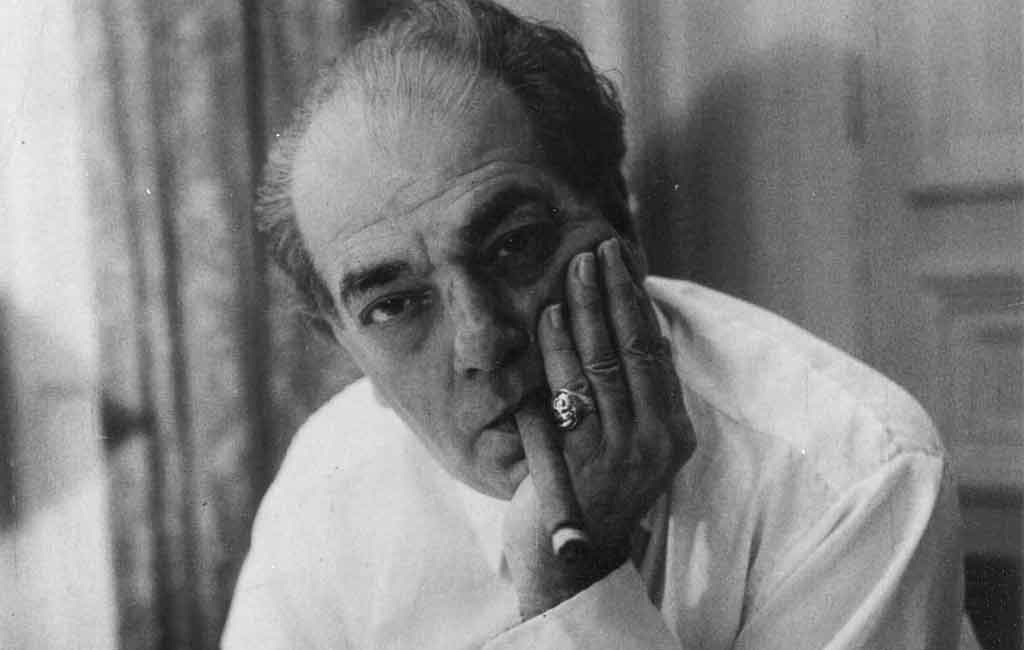Villa Lobos – Heitor – was a Brasilian composer born in Rio De Janeiro (March 5, 1887 – November 17, 1959). He was not just a guitarist, but a cellist, pianist, and overall, a very genius composer. In his works, there is strict respect towards the classical form, so we can call his whole opus to be somewhat “neo-classical” in its own way. He didn’t just widen the realm of the classical guitar in the first half of the 20th century significantly, with 5 Preludes, and 12 Studies for classical guitar. But he experimented with almost every possible musical form, and always achieved quite a success, whatever the form was. From his symphonic works, piano concerts, his work opus is just amazingly rich.
He managed to use South American musical motives in such a way that the motifs can almost not be noticed in music. Or when he wrote for Spanish guitar, (Brazilian national music heritage also contains lots of harmonically similar riches), his use of flamenco harmony is so natural to him, that he sounds like any other Spanish composer. Villa Lobos made such a contribution to the world of the classical guitar in the first half of the 20th century, that it just can not be overlooked. The 12 studies are trying to elaborate on each of all of the classical guitar techniques, in its own, unique way. This guitarist plays the Arpegio Study No2 a bit messy, there is just no need for it to be played this fast, some 10% slower is just as effective…
Villa Lobos – Heitor – fue un compositor brasileño nacido en Río de Janeiro (5 de marzo de 1887 – 17 de noviembre de 1959). No era solo un guitarrista, sino un violonchelista, pianista y, en general, un compositor muy genial. En sus obras, existe un respeto estricto hacia la forma clásica, por lo que podemos llamar a toda su obra como algo “neoclásico” a su manera. No solo amplió significativamente el ámbito de la guitarra clásica a principios del siglo XX, con 5 preludios y 12 estudios para guitarra clásica. Pero experimentó con casi todas las formas musicales posibles, y siempre logró un gran éxito, sea cual sea la forma. De sus obras sinfónicas, conciertos de piano, su obra es increíblemente rica.
Se las arregló para usar motivos musicales sudamericanos de tal manera que los motivos casi no se notan en la música. O cuando escribió para guitarra española (la herencia musical nacional brasileña también contiene muchas riquezas armónicamente similares), su uso de la armonía flamenca es tan natural para él que suena como cualquier otro compositor español. Villa Lobos hizo tal contribución al mundo de la guitarra clásica en la primera mitad del siglo XX, que simplemente no se puede pasar por alto.
Este guitarrista toca el Arpegio Study No2 un poco sucio, simplemente no hay necesidad de que se toque tan rápido, un 10% más lento es igual de efectivo. Los 12 estudios están tratando de elaborar cada una de las técnicas de guitarra clásica, en su propia forma única…

